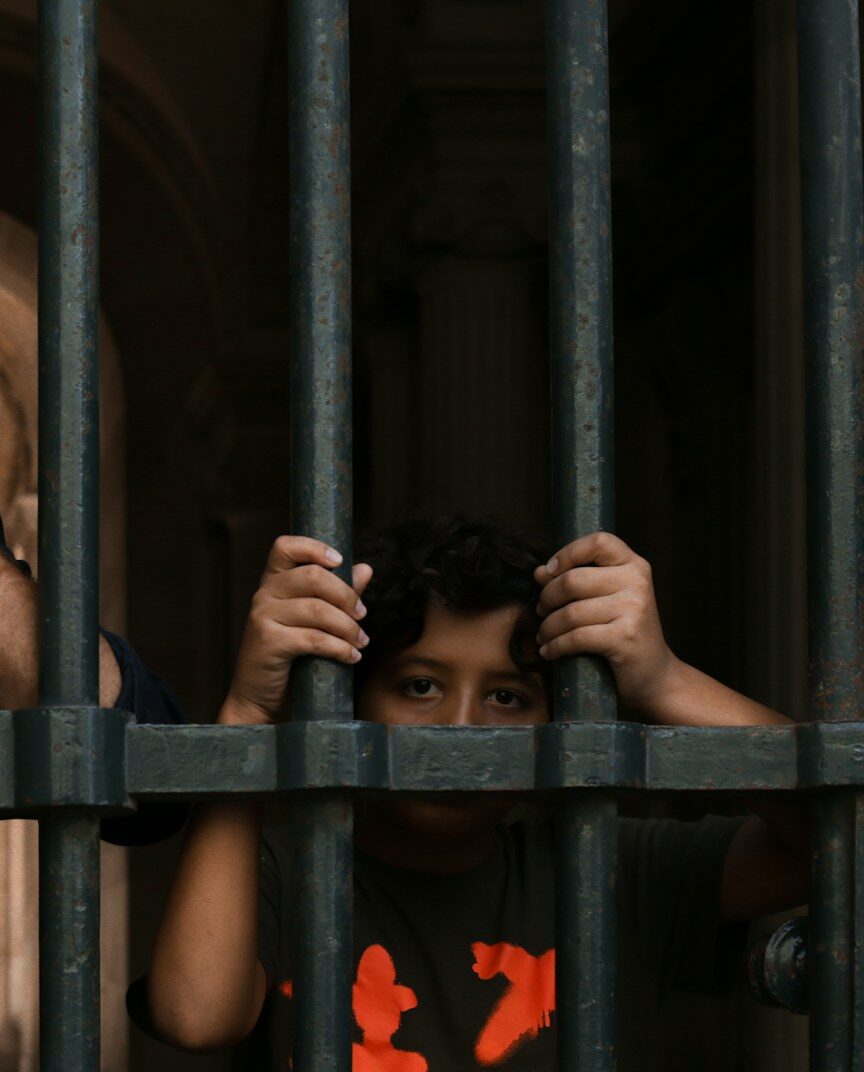Key Takeaways:
- Marcelo Gomes da Silva, a Massachusetts high school student, was detained by ICE on his way to volleyball practice.
- He was granted bond and released but shared disturbing details about conditions in the detention facility.
- Legal analysts raise concerns about ICE practices, including language barriers and poor treatment of detainees.
- Da Silva’s story highlights ongoing issues with the U.S. immigration system.
A Dreamer’s Detention: What Happened to Marcelo?
Marcelo Gomes da Silva, a high school student and DACA recipient, was detained by Immigration and Customs Enforcement (ICE) while heading to volleyball practice. Born in Brazil, Marcelo was brought to the U.S. at age seven. Like many “Dreamers,” he grew up here, calling America his home. His detention shocked his community and sparked questions about how ICE treats immigrants.
After his release, Marcelo shared troubling stories about life inside the detention center. He described how many detainees couldn’t speak or read English and didn’t understand why they were there. Some were handed legal papers they couldn’t read, and Marcelo had to explain their situations to them—a responsibility no teenager should bear. Many broke down in tears upon learning they might be deported.
Marcelo also revealed harsh conditions inside the facility. Detainees slept on floors, and some days, they were only given crackers to eat. He emphasized that not everyone in detention is a criminal, saying, “They’re getting good people that don’t deserve to be here.”
The DACA Debate: A Program in Limbo
Marcelo’s story is a reminder of the challenges faced by Dreamers like him. The Deferred Action for Childhood Arrivals (DACA) program, which protects young undocumented immigrants from deportation, has been a political battleground. Former President Donald Trump tried to end DACA during his first term, but the Supreme Court stepped in to block the move.
The program remains in limbo, leaving thousands of Dreamers uncertain about their future. While some, like Marcelo, have temporary protections, others face the constant fear of detention and deportation.
Legal Concerns: Are Detainees’ Rights Being Violated?
Marcelo’s account of life in detention raises serious legal questions. Legal analyst Lisa Rubin pointed out that under U.S. law, everyone facing deportation has the right to understand the charges against them and have a chance to defend themselves. However, Marcelo’s experience suggests these rights aren’t always upheld.
Rubin noted that relying on fellow detainees to translate legal documents, as Marcelo did, isn’t enough. “ Constitutionally, that’s not sufficient,” she said. “People need proper notice and a fair chance to be heard, regardless of their language barriers.”
The conditions Marcelo described—sleeping on floors, inadequate food—also raise concerns about how detainees are treated. Rubin explained that many facilities are overcrowded, leaving no choice but to have people sleep on floors. This isn’t just uncomfortable; it’s a sign of a system struggling to handle the number of people in detention.
The Bigger Picture: What’s Happening with ICE?
During his 2024 campaign, Trump promised to focus on deporting criminals. However, reports like Marcelo’s suggest that’s not always the case. Innocent people, including students and workers, are being detained and deported without proper process.
Marcelo’s experience is not unique. Lawyers and activists report similar conditions in other facilities. For example, a detention center in Pennsylvania is already at capacity, forcing detainees to sleep on floors and face poor conditions. These stories paint a worrying picture of how immigrants are being treated in the U.S.
Marcelo’s Mission: Fighting for Justice
Marcelo’s detention was a nightmare, but his release has given him a platform. He’s determined to use his voice to help others still in detention. “I told every single inmate down there: When I’m out, if I’m the only one who was able to leave that place, I lost,” he said. “I want to do whatever I can to get them as much help as possible.”
Marcelo’s story is a call to action. It reminds us that behind every deportation statistic is a person with hopes, fears, and dreams. While Marcelo’s journey is far from over, his courage in speaking out gives hope to others facing similar struggles.
What’s Next?
Marcelo’s case isn’t just about one person—it’s about a system that needs reform. As the debate over immigration continues, stories like Marcelo’s remind us of the human cost of policies that fail to protect vulnerable people.
For now, Marcelo is back home with his family, but his experience has left a lasting impact. His words serve as a reminder to fight for fairness and justice for all.
